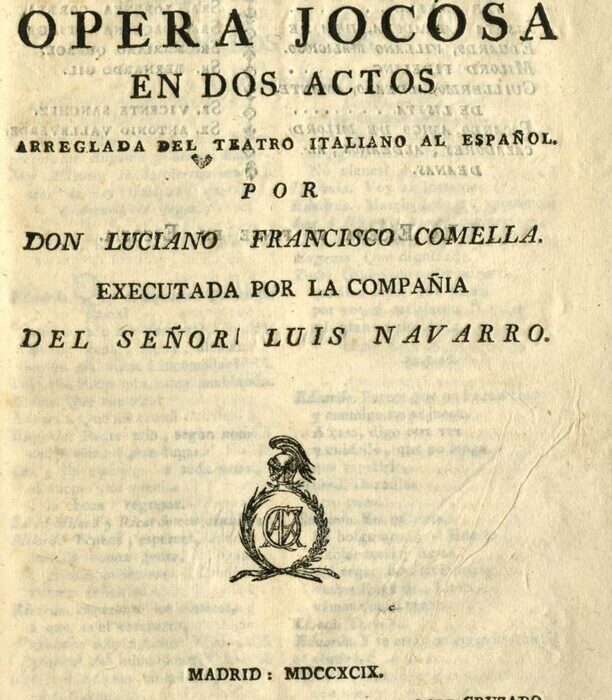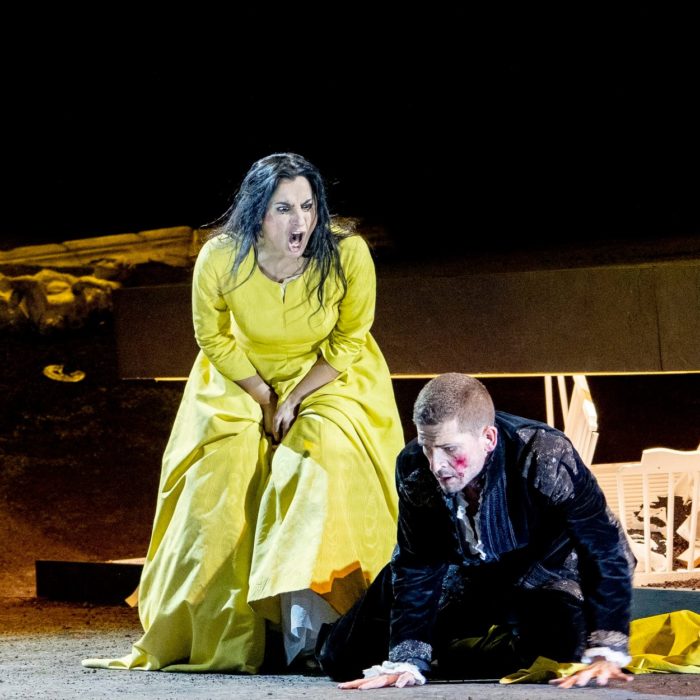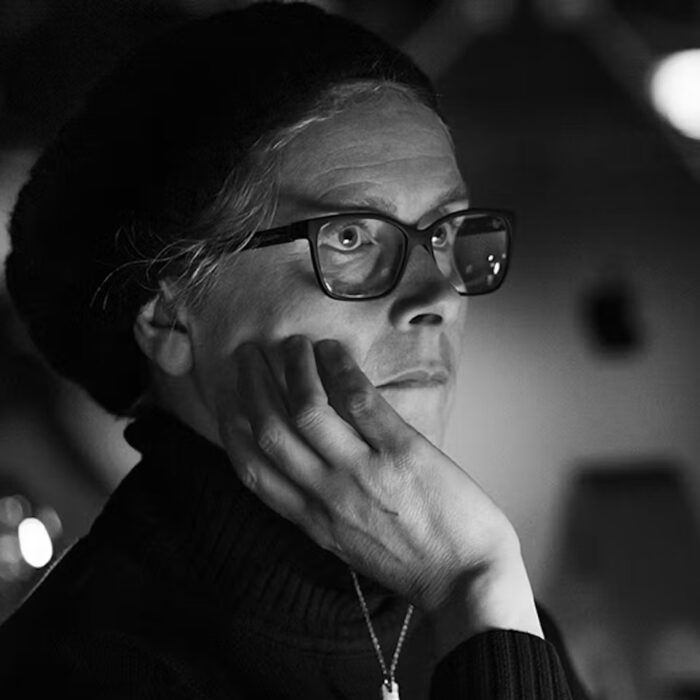
On This Day: A Look At Waltraud Meier’s Roles Outside the Wagner Repertory
By Francisco SalazarWaltraud Meier is recognized as one of the world’s greatest Wagnerians as she has performed most of the great soprano and mezzo roles from the composer. For 20 years she was the Isolde of choice for most houses and she also succeeded as Kundry in “Parsifal.”
However, most will forget that the singer accomplished great acclaim in the types of repertoire. In honor of her 61st birthday, Operawire takes a look at some of Meier’s lesser known roles that she has succeeded in.
Eboli in Verdi’s “Don Carlos”
Meier not be your traditional Verdi mezzo. She does not have the Italianate sound that most Verdi lovers want to hear. However, what she does have is the volume and the dramatic ability. As Eboli she did the original French version and she received great praise. The opera saw Meier show off some coloratura runs, high notes and of course her acting skills. However, what is so memorable was her dramatic power in Eboli’s second aria “Don Fatale.” It displayed Meier’s lyrical side that can sometimes be rare in Wagner’s music.
Other than Eboli, Meier did sing the role of Azucena in Verdi’s “Il Trovatore” and Amneris in Verdi’s “Aida” early in her career. However, it never formed part of her repertoire.
Dalila in Saint-Saens’ “Samson et Dalila”
Waltraud Meier is not only a great singer but she is also one of the greatest actresses in opera. Her turn in Dalila showcased her abilities as a seductress as well as her flexibility and lightness to the voice. Last year Domingo said that when he walked on stage to sing Samson with her Dalila, he looked at her and he saw the Elizabeth Taylor of the Opera world. And indeed she was. Of those performances there is a CD recording that shows two well matched singer making for an electrifying experience.
Bizet’s “Carmen”
It will always be remembered as a low point in her career as she only performed the role once before taking it on at the Metropolitan Opera. Meier was hesitant to accept the contract and but after some convincing she decided to take it on. The results were negative by the press and some have even called it a disaster. However, Meier still sang the telecast and from the performance in 1997 one sees many glimpses of Meier’s greatness and wonderful acting skills. Though not the natural Carmen one would expect Meier still continued to sing the role later in her career and in 2005 did a production in Dresden. She even sang the final duet at the Met during the 125 Anniversary gala with Roberto Alagna and it was almost like a redemption.
Santuzza in Mascagni’s “Cavalleria Rusticana”
“Cavalleria Rusticana” was part of Meier’s career from the beginning. When she made her operatic debut in Würzburg Opera, it was the role of Lola that she took on. And she later went on to sing the role of Santuzza to great acclaim. Its hard to overlook Meier’s greatness in the role but her Santuzza should not be overlooked because it commands the stage and it shows so much vulnerability to the character.
Other roles that most would not associate with Meier were Nickclause in Offenbach’s “Les Contes D’Hoffman” and Cherubino in Mozart’s “Le Nozze Di Figaro. Didon from Berlioz’s “Les Troyens” also formed part of her repertoire at one point it was not a role she for long.


